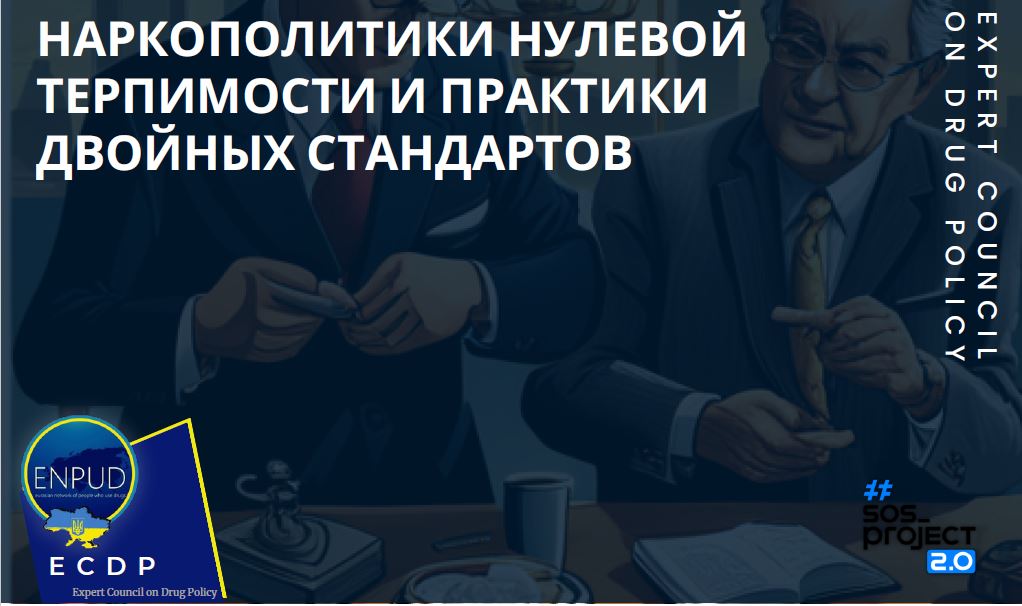In Kazakhstan, discrimination against former prisoners remains one of society’s hidden but acute problems. Even after serving their sentence and being released, many face unjustified obstacles, humiliation, and rough treatment from probation service representatives. A criminal record becomes an obstacle to a normal life, even if a person sincerely seeks re-socialization.
Askar (name changed) was released from prison at the request of an NGO. His release was a long-awaited event, as he was finally able to return to his family. After a long separation from his wife and child, he managed to restore relations with them by taking a resocialization course at a crisis center. Askar decided to move to another neighborhood to start his life anew, closer to his family, in a calmer and more supportive environment.
Askar understood that he was obliged to comply with all the conditions of probation, so he notified in advance the inspector who supervised him after his release. But the inspector’s response was far from professional. In response to the notification of the move, the inspector stated that he had not given permission to change his place of residence and that he “did not have time to chase every prisoner all over the city”. Askar’s file was reprimanded and the inspector threatened that if he violated the conditions again, he could be returned to the correctional facility.
Askar was completely desperate. He had followed the law and all the requirements of probation but faced harsh and unfair treatment. Thanks to REActor’s support, Askar was able to understand the situation and prove his case. REActor accompanied him to a meeting with the inspector, where it was shown that all of Askar’s actions were legal and that moving with his family was an important part of his re-socialization, reducing the risk of recidivism.
But even though in the end the permission to change the place of residence was obtained, the mark about the alleged violation remained in Askar’s file.
Another case occurred with Ilyas (name changed), who was convicted of distributing narcotic drugs and served his sentence in a general regime colony. After his release on parole, he regularly checked in with the probation department. Every week he came at a strictly scheduled time to meet with his supervisor. But one day, on June 3, 2024, when Ilyas arrived for his check-in at the scheduled time, his supervisor was not present.
The probation officer on duty told Ilyas to wait. More than an hour passed, and realizing that being late for work could cost him termination, Ilyas again asked for the inspector to be called. However, the inspector was still not there, and without waiting, Ilyas left in order not to lose his job.
In the evening of the same day, after 8 p.m., the inspector suddenly appeared at Ilyas’s house. There was a loud shout in the entrance: “Why didn’t you, convict, come to the mark?! I’ll send you back to the colony for disorderly conduct!” Ilyas tried to explain the situation, but the inspector refused to listen to him, accusing him of disregarding the rules. The accusations continued when the inspector stated that Ilyas had “red eyes” and demanded that he immediately go for an examination. “I will inform the narcology department that you are using drugs again,” the inspector added, grabbing Ilyas by his clothes and trying to pull him outside.
In the course of this confrontation, the inspector tore Ilyas’s T-shirt, and neighbors came out to the noise. Witnesses were outraged by the inspector’s rude behavior, and under the pressure of public outrage, the inspector let Ilyas go and left.
This incident was a heavy blow for Ilyas. Not only was he subjected to public humiliation, but he again faced the threat of being returned to the colony, despite his efforts to comply with the conditions of probation. The relationship with the inspector who was supposed to assist him in the re-socialization process turned into an open confrontation.
Both cases demonstrate the systemic problems faced by former prisoners in Kazakhstan:
– Excess of authority and bad faith of probation inspectors.
– Violation of the rights of former convicts.
– Social stigmatization and pressure.
Discrimination of people with criminal records in Kazakhstan is a problem not only at the level of society but also at the level of state bodies that are supposed to help former prisoners on their way to a normal life. The situations faced by Askar and Ilyas show how poorly organized probation services and abuse by individual staff can jeopardize the resocialization process itself. Urgent reforms of the probation system, improved qualifications of inspectors, and stricter monitoring of the rights of former convicts are urgently needed. Without these measures, discrimination will continue to be a barrier to successful integration into society.
Also read:
Confronting neglect: how a woman sought justice in Kazakhstan
Fighting for rights: new challenges for the LGBTQIA+ community in Kazakhstan



















